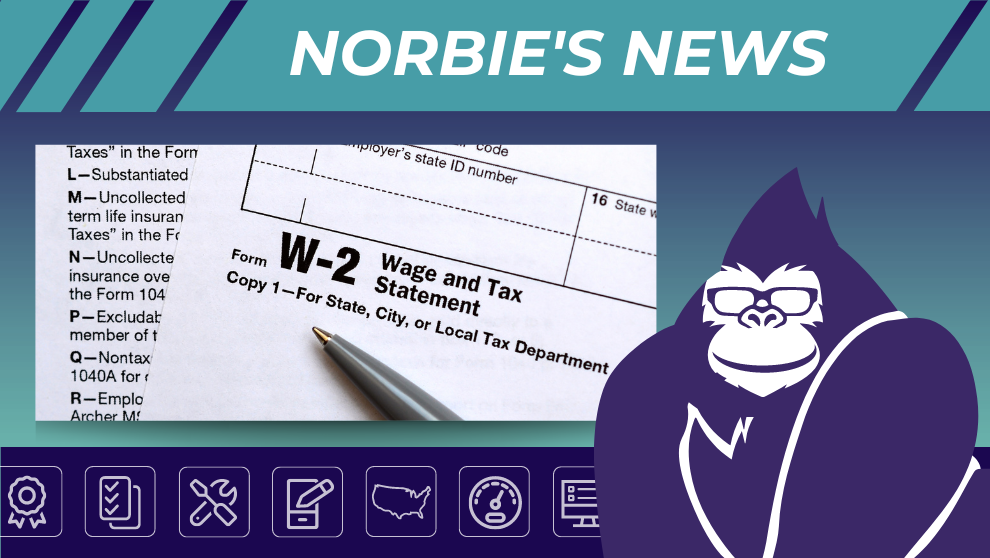
Navigating the Haze: Understanding Insurance Needs for Cannabis Businesses
SHARE STORY
By Paul Hohlbein, Co-President
The cannabis industry has witnessed substantial growth, driven by its increasing legalization and acceptance across various regions. However, this rapid expansion introduces complex challenges, especially for insurance agents looking to serve this emerging market. As regulations continue to evolve and new markets open, there is a pressing need for specialized knowledge to navigate the diverse and often intricate legal requirements effectively.
Insurance plays a pivotal role in this sector, not only for compliance but as an essential risk management strategy to safeguard businesses against a variety of potential threats. This article is designed to equip insurance agents with the necessary insights to expand their portfolios by effectively addressing the unique insurance needs of cannabis business clients, ensuring they are both compliant and well-protected in this dynamic industry.
"Vetting is a crucial step in ensuring any partner – whether it’s a new manufacturer or an HVAC tech – is qualified to engage with your business."
– Source: Rachel Herndon, COO of A Joint Operation, in an interview with Greenway Magazine
Understanding the Legal Landscape
The legal landscape for cannabis varies significantly across states and regions, impacting how insurance policies are structured and implemented. In some states, cannabis is fully legal for recreational use, while others allow only medical use or prohibit it entirely. These legal distinctions are crucial for insurance agents to understand as they directly influence the types of policies that can be offered and the coverage required.
State-specific mandates for cannabis business insurance add another layer of complexity. For example, certain states may require higher liability limits or additional coverage types such as product liability or crop insurance. Recent data from the National Conference of State Legislatures (NCSL) reveals that the number of businesses requiring specialized cannabis insurance is growing as legalization spreads. Mark Lewis, CEO at Ember Services & Ember Processing, wrote in 2023 about licensing: "In addition to federal regulations, cannabis businesses must also obtain licenses from their state to operate legally." This underscores the necessity for agents to be well-informed and vigilant in compliance to navigate this rapidly evolving sector.
Common Types of Coverage for Cannabis Businesse
Insurance agents advising cannabis businesses need to be well-versed in several key types of insurance coverage that address the sector’s unique risks.
- General Liability Insurance is foundational, providing coverage for accidents, injuries, and claims of negligence that might occur on business premises or during operations.
- Product Liability Insurance is equally critical. It protects against lawsuits related to the effects and safety of products the business sells.
- Property Insurance safeguards against damage to the business's physical assets, including buildings and contents, due to fire, theft, or other disasters.
The necessity for these coverages is underscored by industry-specific data indicating that claims related to product liability and accidents are relatively common in the cannabis industry. Analysis from sources like the National Association of Insurance Commissioners and various cannabis business journals such as the Cannabis Industry Journal highlight these claims' frequency and potential severity, illustrating the essential nature of these insurance types to protect against significant financial losses.
Challenges and Solutions in Cannabis Business Insurance
Navigating the insurance market for cannabis businesses presents unique challenges and requires strategic solutions.
- High premiums and limited coverage options are one of the primary hurdles. This is largely due to the increased risk associated with the industry, such as regulatory changes and legal uncertainties, which result in higher costs for insurers that are then passed on to the businesses.
- Federal laws also significantly complicate the insurance landscape. Despite state-level legalization, cannabis remains illegal under federal law, creating a complex legal environment that many insurance providers are hesitant to enter. This federal illegality restricts the number of carriers willing to offer coverage, further limiting options and inflating premiums.
- Finding the right insurance provider is also challenging for cannabis business owners and their advising agents, who must diligently vet potential insurers. They should assess the provider's experience in the cannabis sector, the comprehensiveness of their policy offerings, and their ability to manage unique industry risks. A comparative analysis of insurance costs between cannabis and traditional businesses, drawn from business insurance market reports and industry analysts, highlights these disparities and can guide decision-making.
In an interview with Greeway Magazine, Rachael Herndon, COO of A Joint Operation, commented on the vetting process: "Vetting is a crucial step in ensuring any partner – whether it’s a new manufacturer or an HVAC tech – is qualified to engage with your business. [...] It is important to check for the appropriate standards for any prospective partner – whether it’s a certificate of insurance, a background check, checking certifications, or calling references.” This insight emphasizes the importance of maintaining high standards in business operations to secure favorable insurance terms.
Getting started with insurance diversification – one sector at a time
Diversifying your business can be done incrementally. For example, you can begin by focusing on one core sector, such as small-business owners. Later on, you may want to expand into larger commercial risks or even specialize in a particular industry such as restaurants or transportation, or consider emerging sectors, such as cannabis. Just imagine all the possibilities that await you when you diversify!
In the midst of a challenging market, insurance professionals are facing a crucial decision: adapt or suffer the consequences. As personal lines insurers hit the brakes on writing new policies and, in some cases, withdraw from states altogether, the need for diversification in the insurance business has never been more apparent. Steering away from the comfort of a single market segment and exploring new avenues, particularly in commercial lines, is emerging as the key to resilience.
Insurance diversification not only safeguards against market volatility but also opens doors to fresh opportunities for sustainable growth. Embracing this strategy can be the lifeline that ensures success in a challenging landscape – proving that in the insurance world, spreading the risk is the surest way to weather the storm.
Paul Hohlbein is the co-president of Builders & Tradesmen’s Insurance Services, Inc., an Amynta Group Company.
Builders & Tradesmen’s Insurance Services Inc.
BTIS is committed to providing robust, individualized products and the highest level of service. Our easy-to-use commercial insurance platform, educational tools, and helpful underwriters make it simple for producers to diversify their books of business by expanding their product portfolios.
Part of the Amynta Group, BTIS is a nationwide insurance intermediary with a small-business attitude. We believe in building solid relationships through communication and a genuine concern for the success of our retail broker clients and the policyholders they serve.
For additional information, visit www.btisinc.com or call (877) 649-6682


